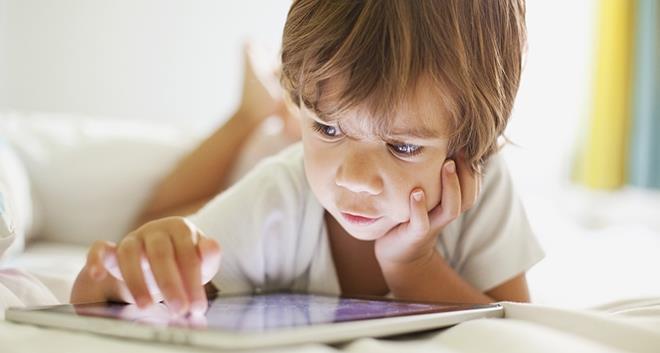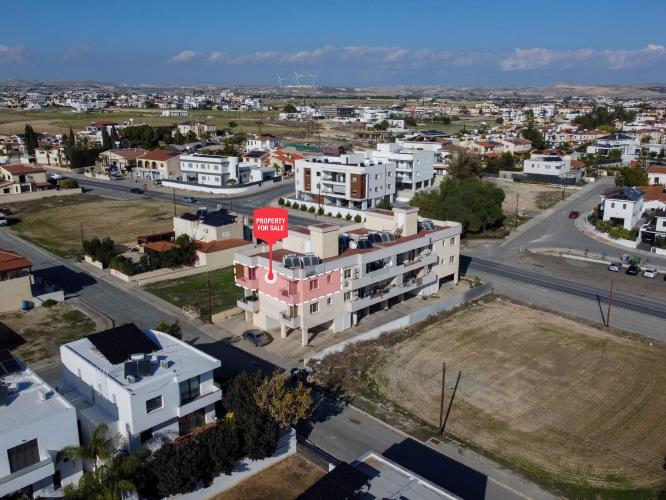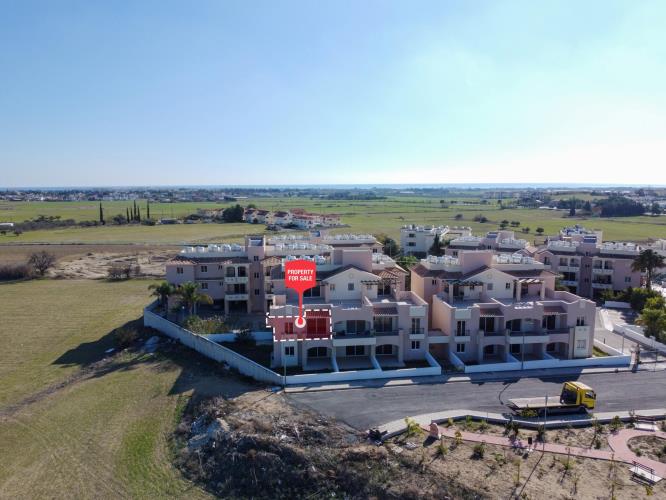Six percent of teenagers in Cyprus use multimedia devices for more than 15 hours a day, according to the “Attitudes of life” survey conducted by the Cyprus Pedagogical Institute and The Research and Education Institute of Child Health.
During a press conference on Friday, to mark the start of a campaign on how to protect children from non-ionizing radiation, head of the Educational Technology department at the Cyprus Pedagogical Institute, Anastasia Economou said that teenagers nowadays use their computers, smartphones and tablets more than television sets.
They use computers, smartphones and tablets around four hours per day during the week and 5.5 hours during weekends, while they also watch two hours of television during weekdays and three over the weekends, In Cyprus reports.
Economou said that the fact that 6% of children state that they use multimedia devices more than 15 hours per day is very alarming.
The survey showed that devices present in children’s bedrooms are mostly mobile phones (more than 80%), computers with internet connectivity (55%) and television sets (45%).
Forty-two percent of boys and 36% of girls state that they have more than three multimedia devices with monitors. The use of multimedia from five hours per day from the first grade of secondary school gradually increases to seven hours per day in third-grade secondary school students, the survey says.
Addressing the conference, Health Minister George Pamboridis said the ministry will hold a number of events with a view to enlighten the public on ways to protect children and limit their exposure to non-iodizing radiation, In Cyprus mentions.
The Ministry of Communications as well as the office of the Commissioner for the Environment, also participate in the campaign.
The campaign for the prevention and reduction of exposure of children to non-ionizing radiation (mobile phones, tablets, connections via Wi-Fi, etc.) launched will cover preschool and elementary school children and will include educational and awareness activities.
















